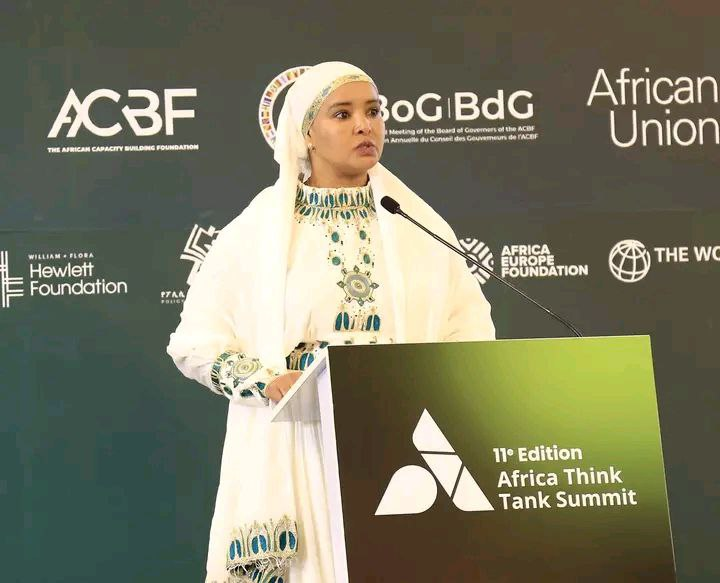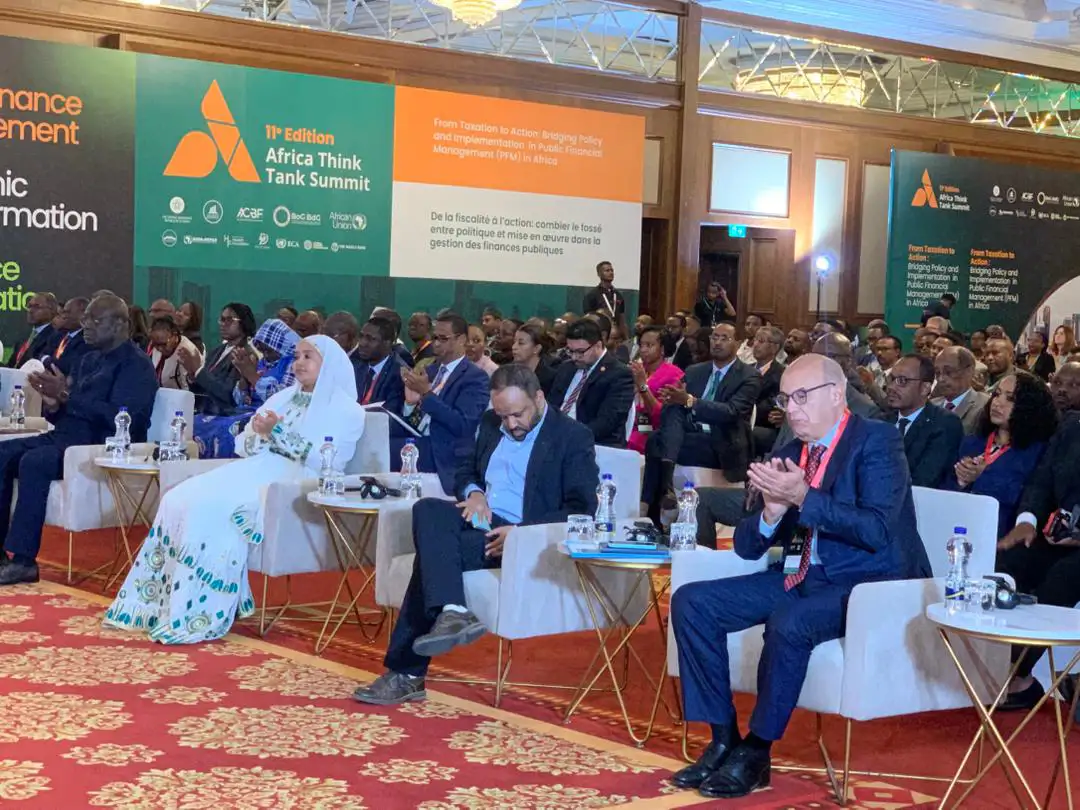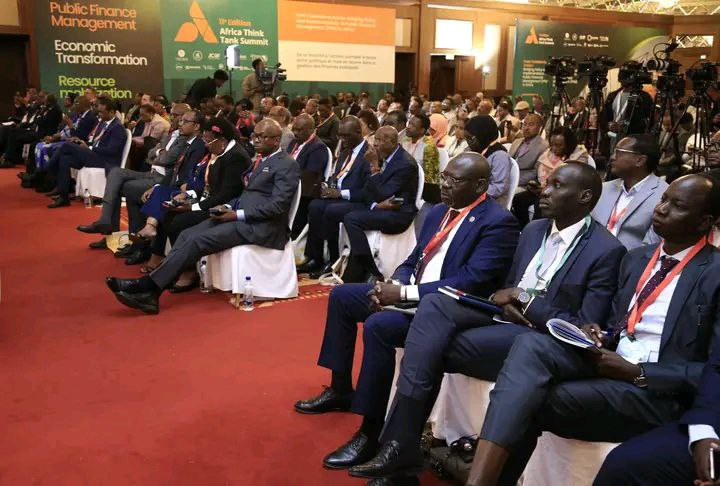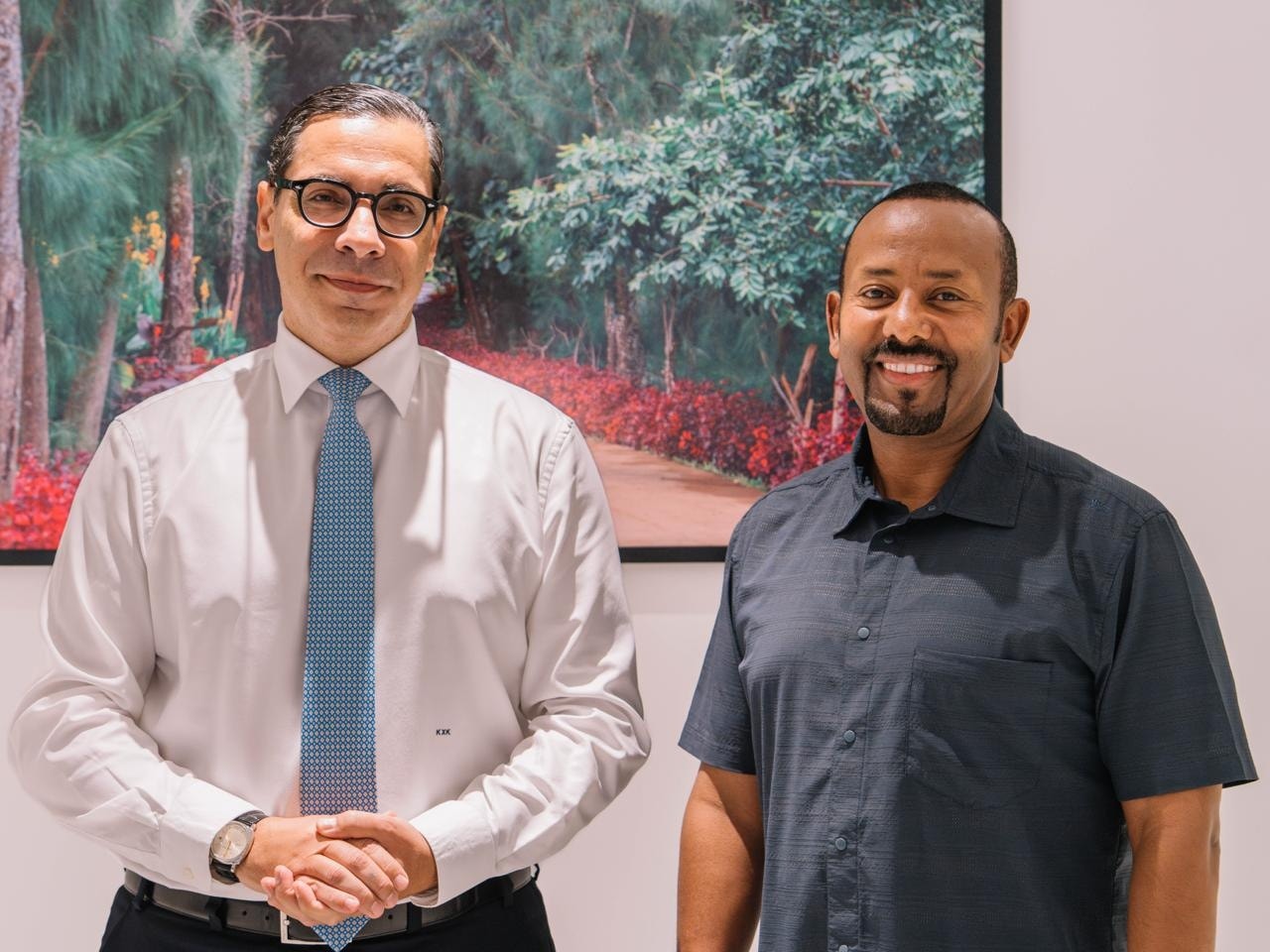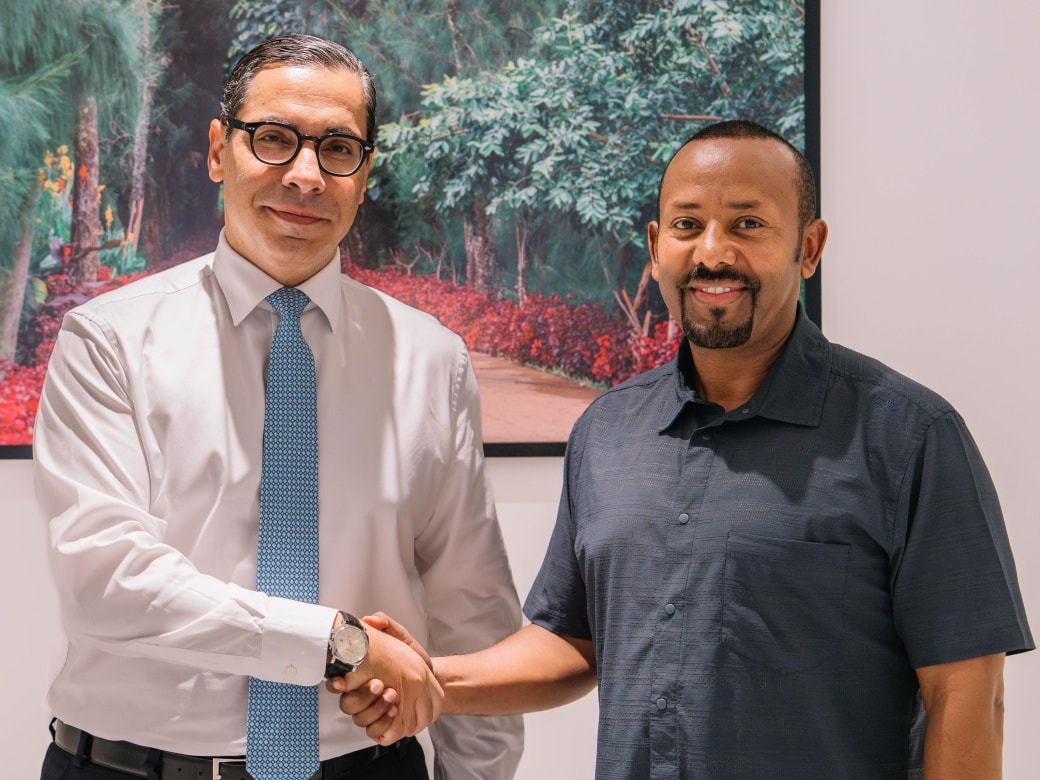Kwon Young-guk of Justice Party Receives Suspended Sentence
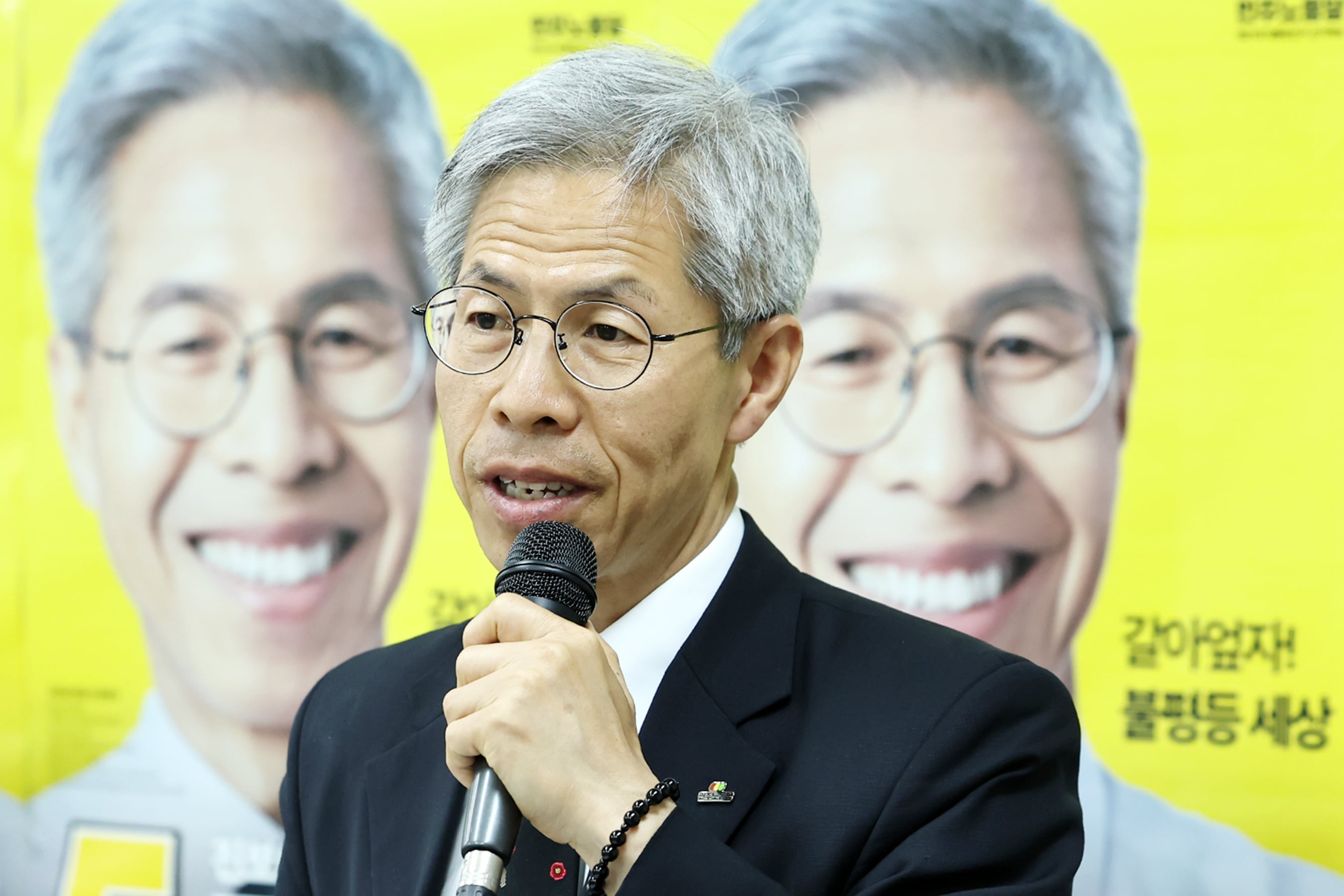
Background of the Case
Kwon Young-guk, a prominent figure in the Justice Party, has recently been sentenced to a suspended six-month prison term following a trial that lasted over a decade. The case stems from events during a rally held under the Park Geun-hye administration in 2015. Kwon was charged with multiple offenses, including obstructing vehicle traffic and assaulting a police officer.
The sentencing occurred on the 9th of last month by Judge Choi Ji-yeon of the 9th Criminal Division of the Seoul Central District Court. The charges against Kwon included violations of the Assembly and Demonstration Act, obstruction of official duties, and general traffic obstruction. This ruling marks the first trial after approximately 10 years of legal proceedings.
Details of the Alleged Offenses
Kwon was indicted for allegedly exceeding the reported number of participants and conducting an unregistered march during the “Resolution Rally to Stop Labor Reform” held in the Cheonggyecheon area of Jung-gu, Seoul, on September 23, 2015. During this event, he ignored the police’s dispersal order, which led to charges under the Assembly Act. Additionally, Kwon was accused of striking a police officer twice on the head with his hand while the officer was performing crowd control duties.
On September 19 of the same year, Kwon faced further charges related to general traffic obstruction. He was alleged to have occupied all lanes in both directions of the Jongno 3-ga intersection with around 3,000 rally participants during the “Resolution Rally to Stop Structural Labor Market Reform” held in the same area of Seoul.
Legal Proceedings and Trial
The prosecution referred Kwon to trial in 2018 on charges of obstruction of official duties, violation of the Assembly and Demonstration Act, and general traffic obstruction. During the trial, Kwon denied the charge of assaulting the police officer, claiming that the incident occurred while he was waving his arm to block tear gas during a protest against what he considered an unjust dispersal of the rally.
However, the court found Kwon guilty of assaulting the police officer based on the officer’s testimony and video evidence. It also determined that he violated the Assembly Act. Despite these findings, the court acquitted him of the general traffic obstruction charge, stating that he was merely a passive participant in the event.
Judicial Ruling and Implications
In its ruling, the court acknowledged the importance of freedom of assembly and demonstration in a democratic society, emphasizing the need to protect socially vulnerable groups. However, it also stressed that these rights are not absolute and must be exercised without infringing upon or threatening the legal order of the state and the freedom of ordinary citizens.
The court's decision highlights the delicate balance between protecting individual rights and maintaining public order. While the ruling recognizes the significance of peaceful protests, it also underscores the necessity of adhering to legal frameworks to ensure that such activities do not disrupt the broader social and legal environment.
Conclusion
The case of Kwon Young-guk serves as a significant example of the legal challenges faced by political figures involved in public demonstrations. The court's decision reflects the complexities of balancing individual freedoms with the responsibilities of maintaining public order. As the Justice Party continues to navigate its role in Korean politics, this case may influence future discussions on the boundaries of protest and the legal implications of political activism.



